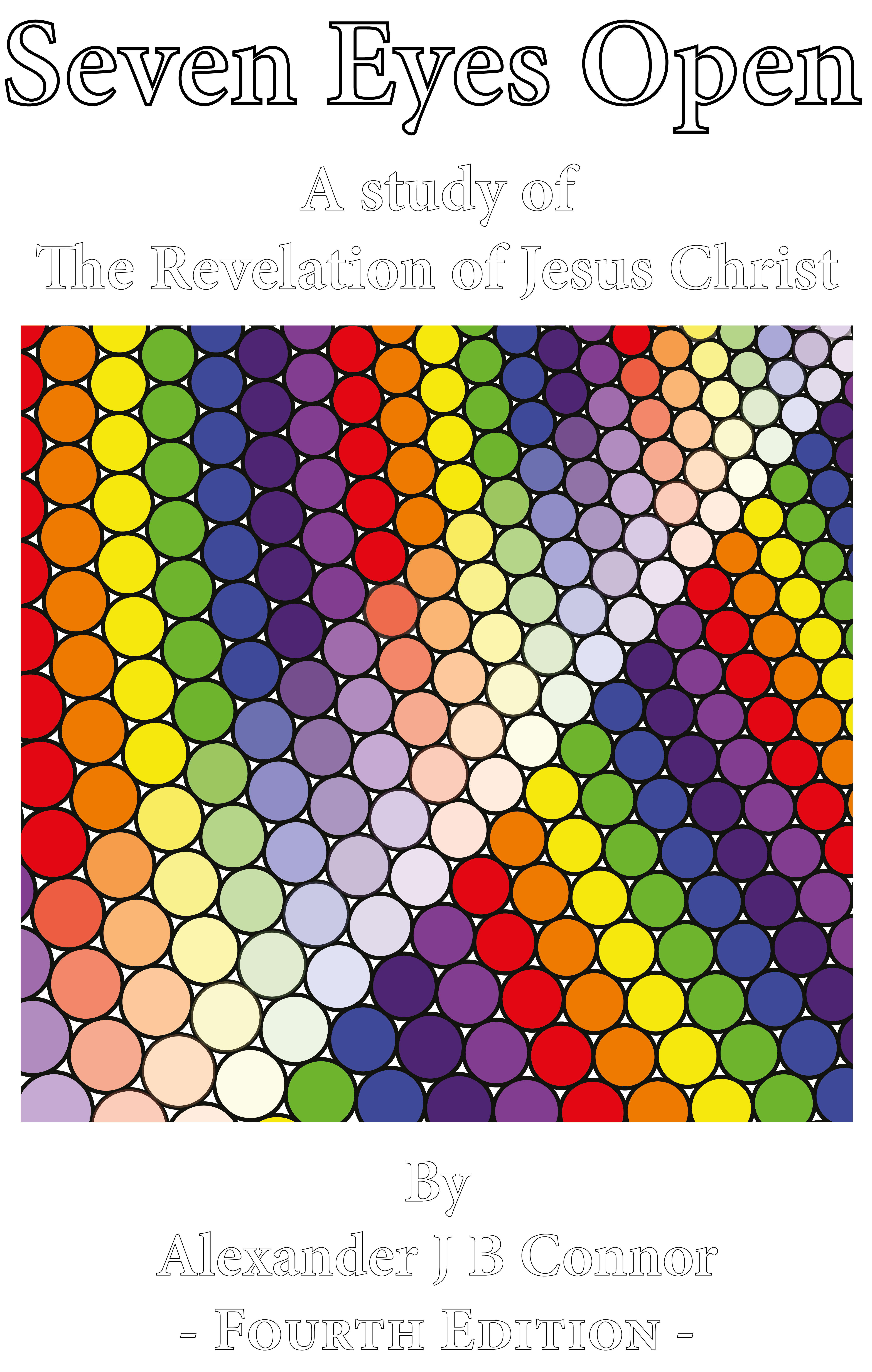  |
|
Metamath
|
Introduction Anselm's argument employs that which in mathematical terms is named an ultrafilter. Ultrafilters are part of a branch of maths called 'Model theory' It is part and parcel to the use of an ultrafilter, that if they are correctly applied, then anything that is true for the ultrafilter, is then true in the 'language' of the filtered set. Well, almost! in fact it can only be stated that any property of the ultrafilter is analytically true, "Almost Everywhere". When I first heard of filters, I heard that they were being used to describe the topology of theories (Models). That is, one could imagine that 'the shape' of the filter can be used to determine the local 'shape' of the set to which it applies, no matter where in the set it is applied. Ultrafilters should not be thought of as a present member of a 'language', but rather a method by which we may examine if a system has a property of the filter. Ultrafilters, Insert Coin Application By Anselm Principal, Or Non-Principal Finite, Or Infinite? |



